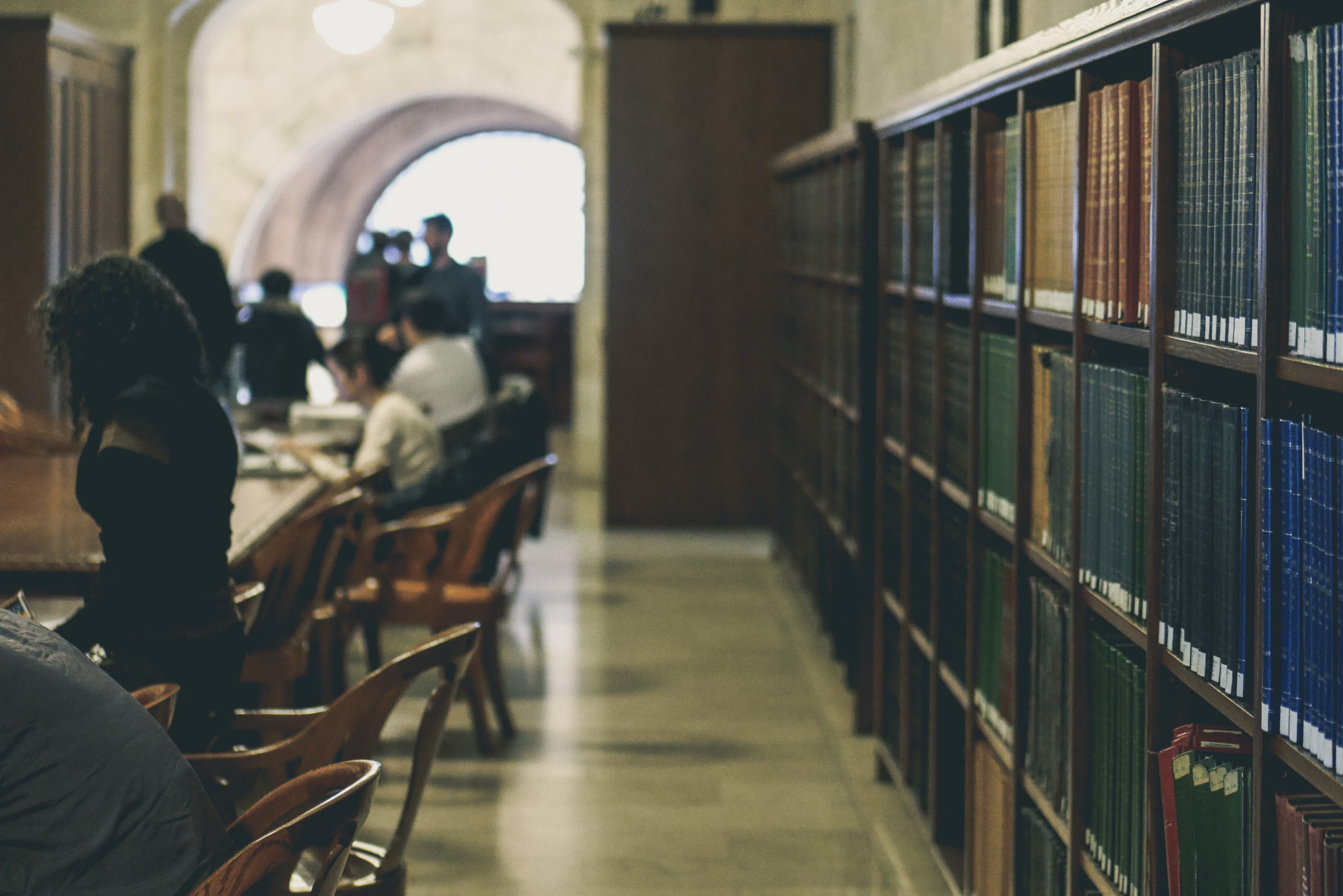
C. S. Lewis could barely do algebra, even though his mother was an honors graduate in that subject from Queen’s College, Belfast. In fact, Lewis never passed the mathematics examination that was normally required to get into Oxford; rather, he was allowed to by-pass it, based on his military service, as happened with other veterans returning from WWI.
Lewis wrote three science fiction novels, and he used scientific concepts to illustrate apologetic ideas. Yet he avoided the natural sciences at Oxford, because all of them would have involved numbers. Lewis explained, “I could never have gone far in any science because on the path of every science the lion Mathematics lies in wait for you. Even in Mathematics, whatever could be done by mere reasoning (as in simple geometry) I did with delight; but the moment calculation came in I was helpless. I grasped the principles but my answers were always wrong.”
When I first read Lewis’s warning about mathematics and the natural sciences, I laughed out loud, being myself a lifelong, confirmed math-hater. I did acceptable work in that evil subject, but never great work, and, having endured it through college physics and chemistry, I never returned. I also learned through this experience that I’m no Einstein—not in that way and not in any other one.
That’s a good side-effect of higher education. We face difficult subjects and discover our strengths and weaknesses. We learn what we can and cannot do and with this knowledge, a healthy self-image can set in. Apparently, we are not Plato or Aristotle. We are not Isaac Newton, Johnathan Edwards, or Gottfried Leibniz. We are just regular folks, after all, doing the best that we can.
Measured against someone like Thomas Aquinas, the smartest guy in any room nowadays is only above average. And here’s another lesson taught through education: it is okay to be dim in the sunlight. We need our heroes, but any of us can please God and be used significantly by him even with average abilities. In fact, being wicked-smart could be a problem for some of us. It could go to our heads and enable us to do even more damage to ourselves and others, with the advantage of special creativity.
This essay is about theological education and spiritual formation, but by now, its wider lesson is clear, perhaps. I would define ‘spiritual formation’ as a process leading to greater Christlikeness. The more formed someone is in this sense, the more he thinks and acts as Jesus would—and for the right reasons. That person does what he does, in following Christ, because he actually loves God’s people and wants to have meaningful relationships with them. But friends like that develop slowly, passing through many experiences that downsize their sense of personal grandeur. Those experiences can include mediocre grades in Hebrew, badly received sermons, and forgotten assignments.
Senator Robert Dole is said to have been a straight-A student, both in college and law school, even though he could not take notes by hand because of injuries suffered in Italy during WWII. People would sometimes ask the senator how he did so well in school and life, never mind his disability. In answer to this question, Dole said, “I don’t know. I guess I never figured out how to study for a B or a C’s worth.” And so should it be with any student in college or seminary.
I hope that my students never figure out how to study for a C’s worth only. I hope they aim as high as possible, even if some of them miss more often than not. At the same time, I hope that their ‘downs’ teach them lessons that their ‘ups’ never could. God can do wonders with average material, if we let him; but first, we need the right kinds of experiences to show us what we can and cannot do.

